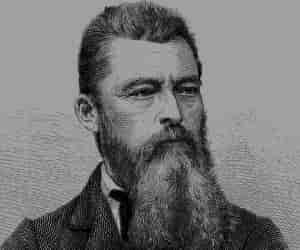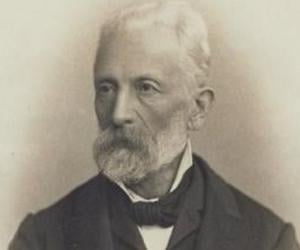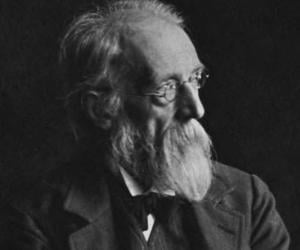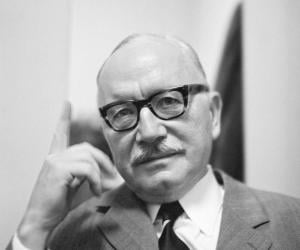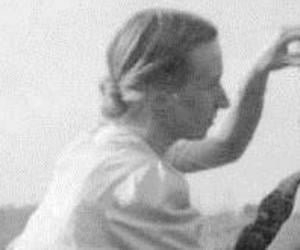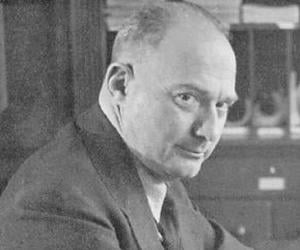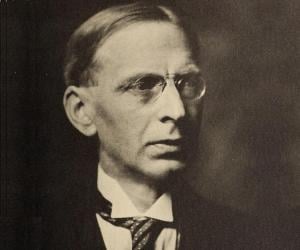1
Wilhelm Grimm
(German Anthropologist, Author and One Half of the Popular Literary Duo, 'The Brothers Grimm')
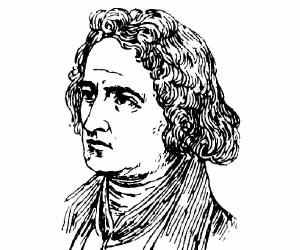
18
5
Birthdate: February 24, 1786
Sun Sign: Pisces
Birthplace: Hanau
Died: December 16, 1859
Wilhelm Grimm was a prominent German author and anthropologist known for his significant contributions to literature and folklore studies. Alongside his brother Jacob, he formed the famous literary duo, the Brothers Grimm. Their extensive collection of fairy tales and folk stories, collected and published under the title "Grimm's Fairy Tales," remains a cornerstone of children's literature worldwide. Wilhelm's work as an anthropologist also played a crucial role in preserving and documenting traditional German stories and customs for future generations.
